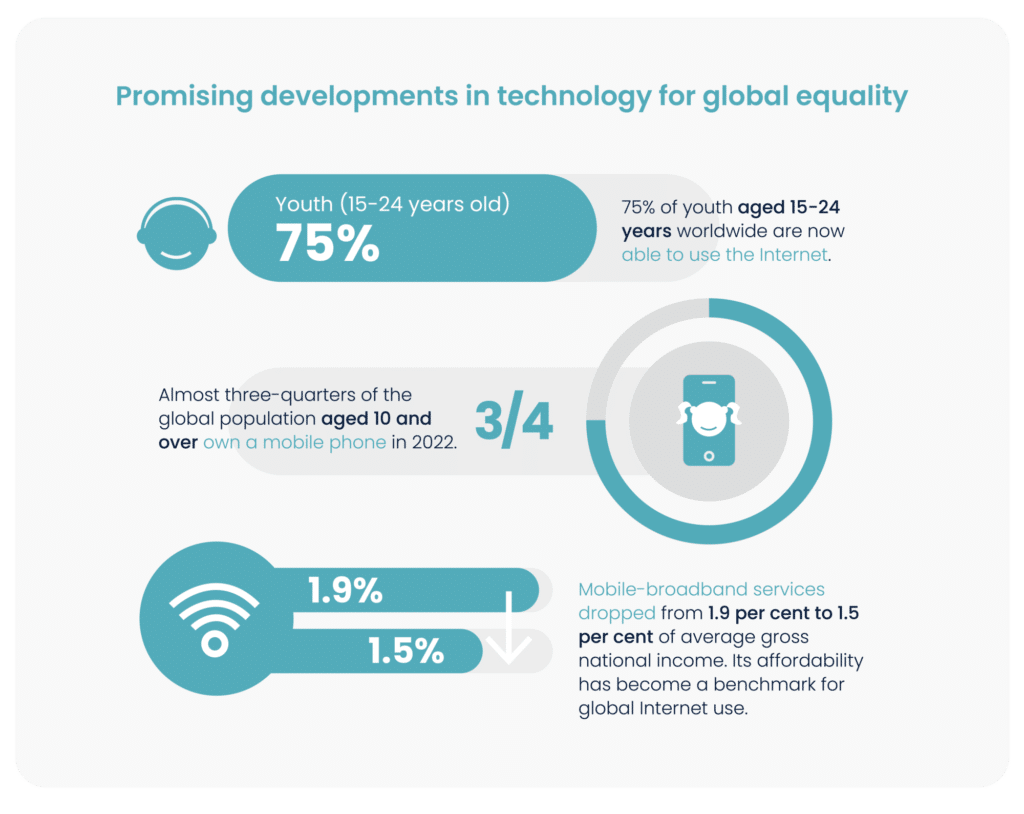Contents
A chance for developing countries to catch up?
Do you ever wonder why, despite rapid advances in technology, there seems to be a wide gap between developed and developing countries?
With modern digital tools becoming more accessible than ever before, it’s only natural to question whether the new tech hemisphere is an opportunity for developing nations to catch up, or if the wealth disparity will remain stuck in the status quo.
This blog post examines this crucial global issue from both sides – assessing how these evolving technological capabilities can benefit less fortunate regions, as well as create greater challenges and disparities. Read on for a comprehensive look at what’s going on beneath the surface of this vital subject.
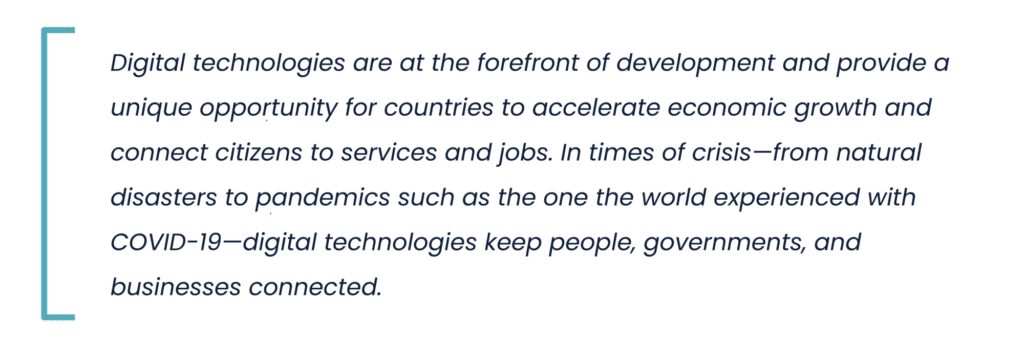
An Overview of the Tech Hemisphere and its Effects on Developing Countries
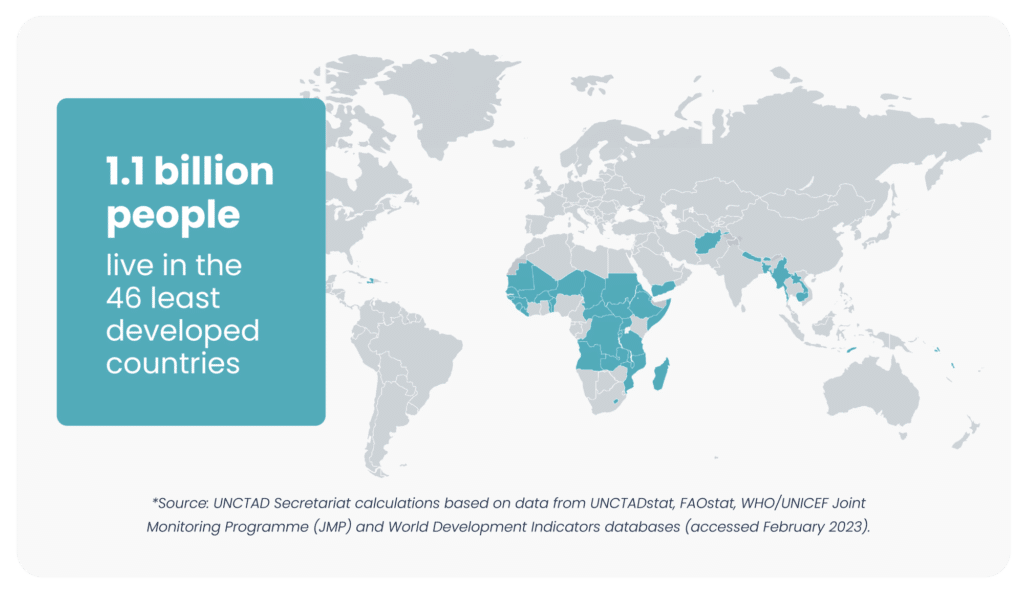
The world is rapidly evolving as technology takes center stage in every aspect of human life. From smartphones to advanced artificial intelligence systems, the tech hemisphere continues to impact our day-to-day activities, reshaping cultures, businesses, and societies.
Developing countries, in particular, have benefited from modern technologies, which have improved infrastructure, communication, and other essential services. While the adoption of innovative technologies has created opportunities for businesses to grow and has improved the quality of life for millions of people, access, affordability, job displacement and inequality are only some of the challenges.
Rich vs. Poor Countries – How Technology Affects Equality
At the intersection of technology and inequality is a digital divide. Particularly when we consider the disparities between rich and poor countries, the digital divide is an important issue. Although technology can improve access to information and resources, it can also increase existing inequalities.
> Wealthier countries often have greater access to and control over technology, such as high-speed internet and the latest tech devices, leaving those in poorer countries at a disadvantage with limited or non-existent internet access.
>> This means that people in rich countries can make use of a wealth of information and opportunity that people in poor countries cannot access.
> The automation of jobs is a sign of efficiency in developed countries, with those in developed countries having access to retraining programs for workers who need to shift to a new area of work.
>> Workers in developing countries may struggle to find work as manual labor is replaced by technology.
> The digital economy has created significant wealth in developed countries across industries.
>> The same economy has led to the exploitation of workers in poor countries who are paid very little to perform mundane, repetitive and sometimes even hazardous tasks in the name of digitization.
The Fourth Industrial Revolution represents a fundamental change in the way we live, work, and relate to one another. For developing countries, it presents a unique opportunity to leapfrog traditional development pathways and harness the power of technology to accelerate progress towards sustainable development goals.
While technology has the potential to improve global equality, the playing field is not has not been leveled but there are promising developments:
Benefits of the Tech Hemisphere for Developing Nations
As technology continues to advance at an unprecedented rate, more and more developing nations are beginning to reap the many benefits.
From improved healthcare and education to increased economic growth and political stability, innovative technologies are opening up new opportunities and spurring progress in previously stagnant regions.
These advancements not only improve the quality of life for individuals and communities but also create a more interconnected, globalized world that fosters cross-cultural understanding and cooperation.
5 Benefits of Technology for Developing Countries:
- Access to jobs
The digital economy has opened up opportunities for people in developing countries. With the rise of remote work and the increasing importance of digital skills, it is now possible for people in developing countries to compete for jobs on a global scale. - Access to information
Technology can provide information access that was previously unavailable in developing countries. - Improved communication
Cost-effective ways of communicating make it easier for people in developing countries to communicate and collaborate globally. - Economic growth
Technology can be a catalyst for economic growth as it enables businesses to access new markets, streamline operations and increase productivity - Healthcare
Digital health and in-person healthcare are empowered by technology. Enabling remote consultations, providing access to medical records and facilitating the delivery of medical supplies and equipment to remote areas are key improvements. - Sustainable Development
Technology can promote sustainable development through solutions that focus on energy efficiency, waste reduction and environmental protection. Technology also helps developing countries monitor and manage natural resources, improve conservation efforts and reduce environmental degradation.
It is important to note that while the digital economy enables remote work and opens up opportunities for talent in developing countries, access to these opportunities is not evenly distributed and there are still significant barriers to entry, such as access to reliable internet, education and training, and language barriers.
Nonetheless, the digital economy has certainly created new possibilities for people in developing countries to access jobs and income streams that were previously unavailable to them.
Challenges for Developing Nations in Adopting New Technology
As our world becomes increasingly interconnected through technology, developing nations are faced with many challenges in their efforts to adopt new technology.
While access to the internet and technology can provide invaluable opportunities for economic growth and social development, developing nations often lack the resources and infrastructure necessary for widespread adoption. In addition, cost, language barriers and fear of change can also hinder progress for the nation’s population.
Key Facts: the Current State of the Digital Divide
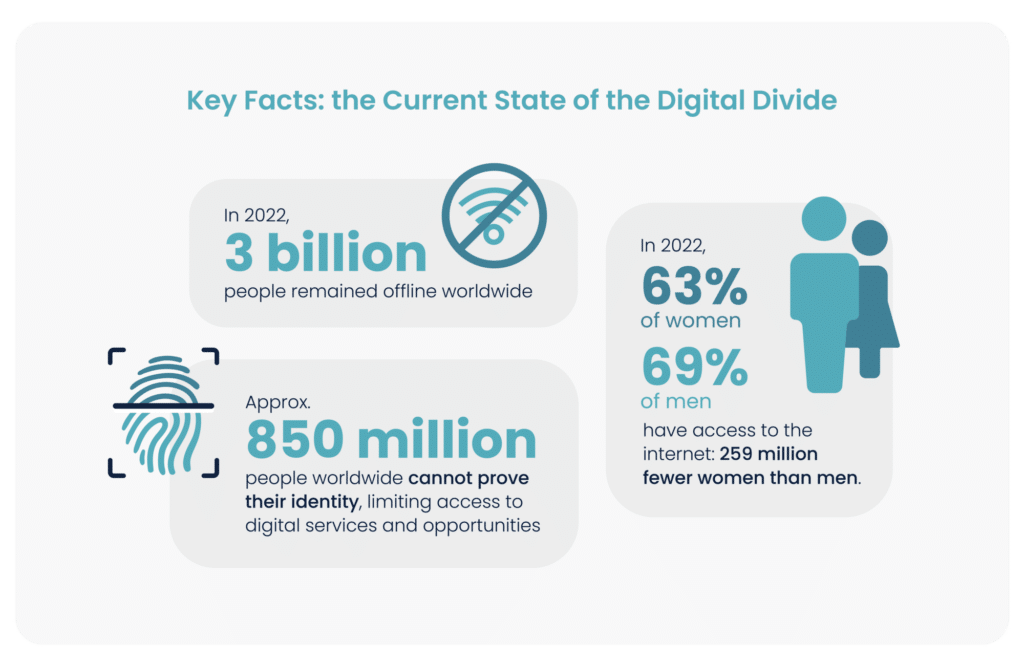
As a result, it is important for developed nations to provide support and resources to assist in this process, recognizing the potential for global benefits when technology is accessible to all.
Tech startups boost technology adoption
Startups that focus on technology for developing countries play an essential role in addressing the challenges that people face in these regions.
These startups aim to provide innovative solutions that can help improve the quality of life for people in low-resource settings by addressing their unique needs, such as:
> Technology mitigates limited access to healthcare: telemedicine, remote health monitoring devices and health information systems
> Technology opens access to financial services: digital payment platforms, microfinance solutions, peer-to-peer lending
> Technology enables access to education: digital learning platforms, online courses, apps reach students in remote areas
> Technology supports access to clean water and sanitation: water filtration systems, water testing kits and mobile sanitary units
> Technology supports transportation infrastructure: ride- and bike-sharing systems, smart transportation solutions that improve access and reduce traffic congestion
By leveraging technology, purpose-driven startups are at the core of developing affordable and scalable solutions that can solve critical problems, create job opportunities and drive economic growth in developing countries.
Overall, startups that focus on technology for developing countries have the potential to create meaningful impact and contribute to a more equitable world.
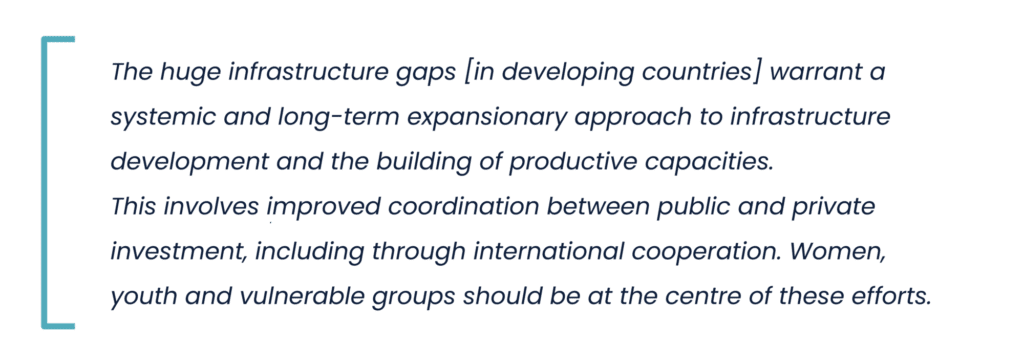
Purpose-DrivenTech Startups, We Hire your Leaders
At Key Search, we have seen a growing trend in the startup world towards technology solutions for developing countries. These startups are driven by a mission to make a positive impact on the lives of people in underserved communities by leveraging technology to solve real-world problems.
Executive search for these startups requires a different approach. Candidates must not only possess the technical skills and experience necessary to develop innovative solutions but also demonstrate a deep understanding of the unique challenges faced by people in developing countries.
This requires a high degree of cultural competency, adaptability, and a willingness to work in challenging environments. Through our unique approach, in-house research and the custom tools we use, we identify individuals who are not only skilled but also passionate and purpose-driven.
This is how we help organizations make a difference in the world, because the right hire can be transformative for a startup’s growth and enable them to create real change in countries and communities that need it the most.
For more information and to learn more about the New Technology Hemisphere contact:
Weronika Oesterreicher, Director, Key Search
✉ weronika@keysearch.com
Dive into the New Tech Hemisphere with Key Search. Explore emerging technologies, market trends, and innovations shaping the future of the tech industry. Learn about AI innovation and its disruptive impact on various sectors. Stay ahead of the curve with our expert analysis and insights into the latest technological advancements.


